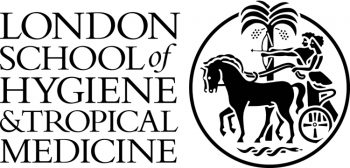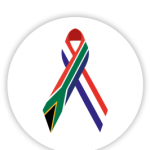Self-testing will be a critical part of reaching HIV elimination targets
Posted by Bukola Daike on August 26, 2021 at 11:43 am

Crucial new insights for scaling-up evidence-based HIV self-testing (HIVST) have been revealed in a special issue of BMJ Global Health.
The collection brings together 14 research papers and is coordinated by the World Health Organization (WHO) in collaboration with the STAR Initiative led by Population Services International (PSI) and the London School of Hygiene & Tropical Medicine (LSHTM).
Key findings include that increasing knowledge of HIV status through self-testing leads to increased demand for HIV treatment (antiretroviral treatment or ART) at nearby clinics, providing a way to estimate impact without intruding on the privacy of self-testers. Self-test kits were also shown to be acceptably and effectively distributed through social networks of young women by peers living in rural KwaZulu Natal, although this did not increase demand for HIV prevention.
Despite decades of progress, an estimated 16% of people living with HIV globally do not know their status. HIVST is a recommended strategy that offers users a discreet and convenient way to test, particularly those facing barriers such as stigma and discrimination and other clinic access barriers.
To advance global HIV goals, the STAR Initiative was launched in 2015 to support the evaluation and introduction of self-testing on a massive scale. Researchers at LSHTM, the Liverpool School of Tropical Medicine and partner institutes in Malawi, South Africa, Zambia and Zimbabwe have been vital to the highly successful rapid scale-up of HIV self-testing. From being a strategy considered too risky to consider just a few years ago, there are now millions of kit used annually under HIV elimination strategies in 93 countries.
However, knowledge gaps remain on HIVST, something this special issue aimed to address.
Click here to read more from LSHTM


